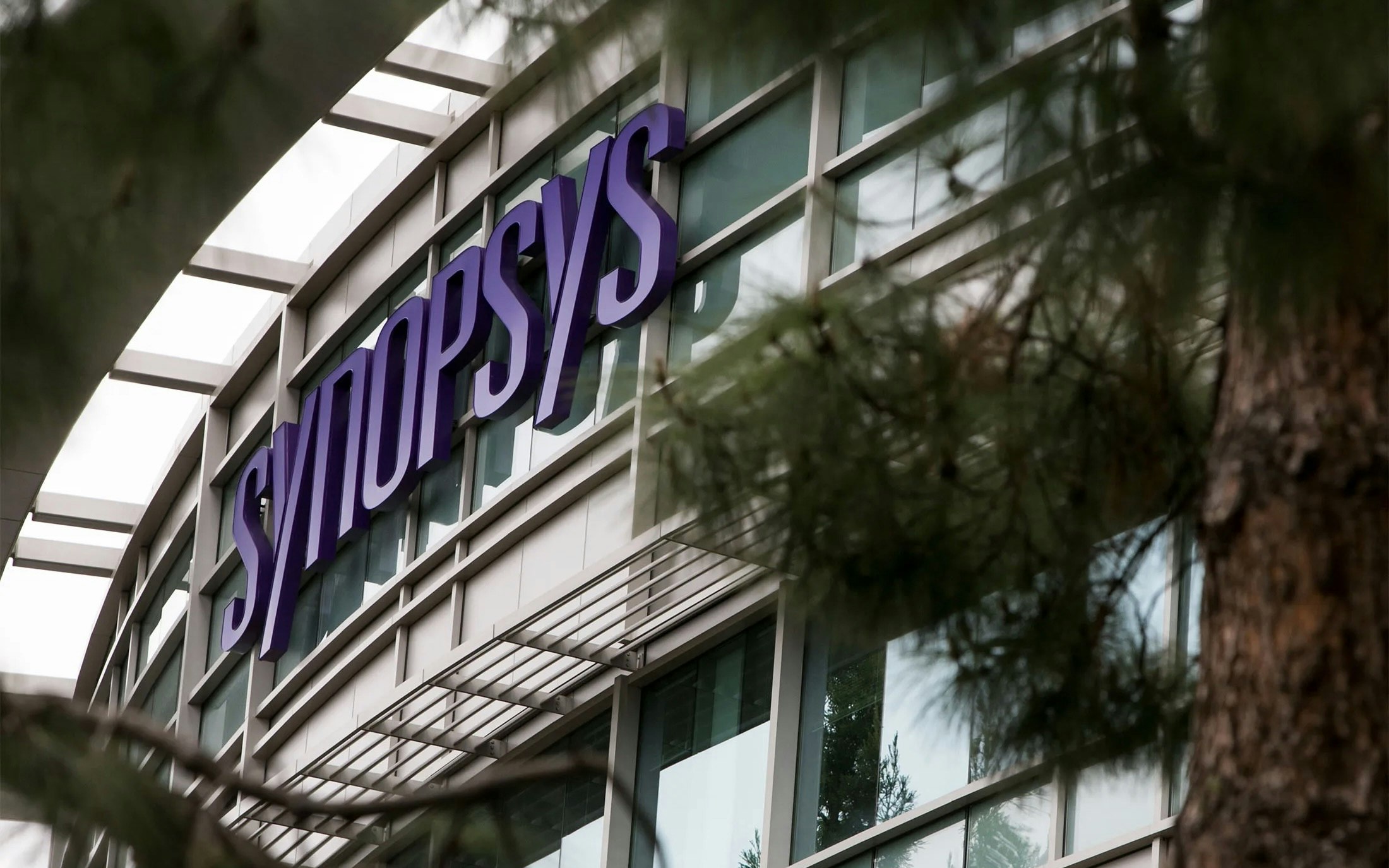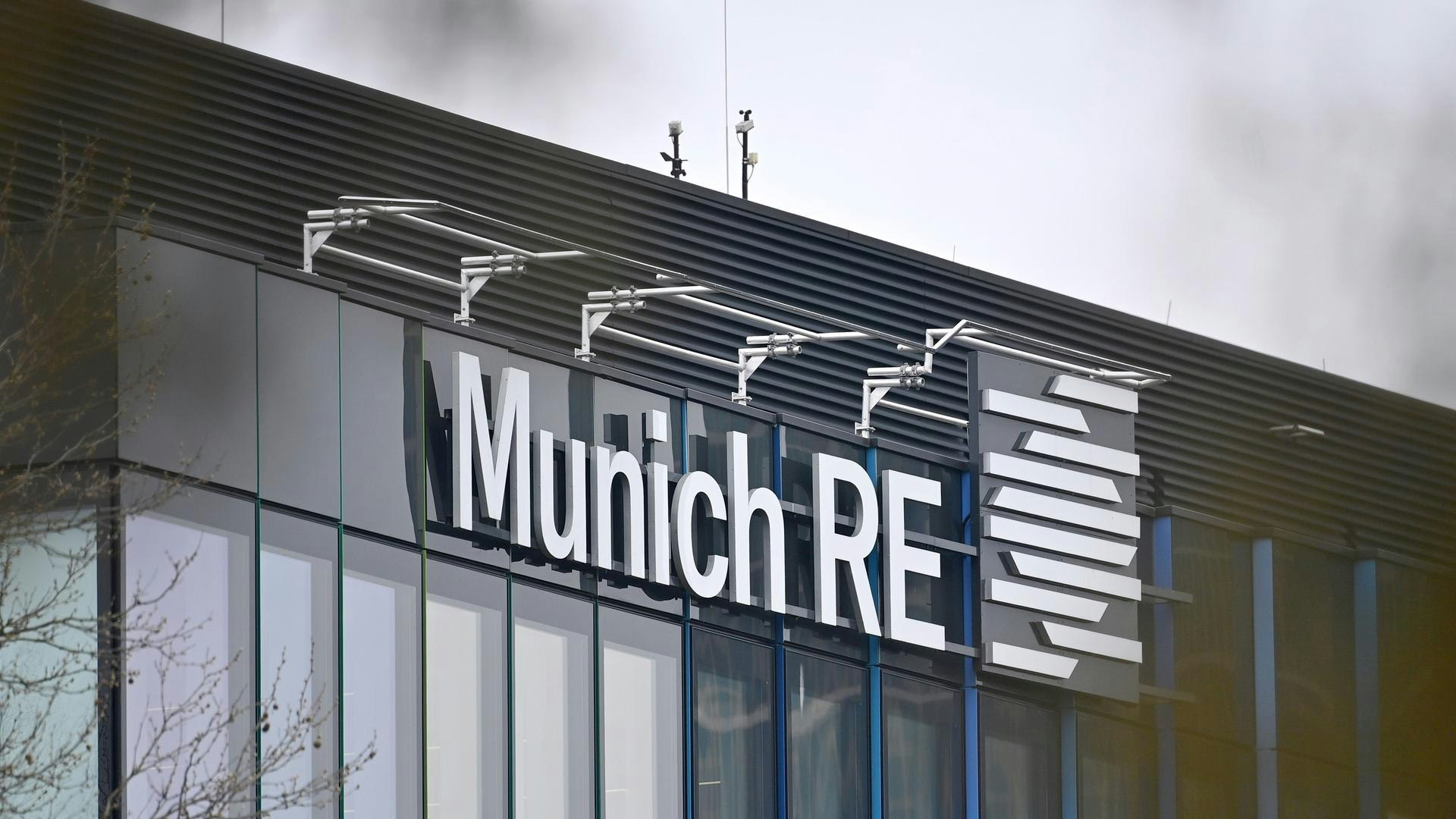China's competition authority has approved the $35 billion acquisition of Ansys by the US company Synopsys. The decision by the State Administration for Market Regulation (SAMR) followed surprisingly quickly after the recent easing of US export restrictions on software for chip development. As recently as May, SAMR had suspended the approval process after the Trump administration made it more difficult for Chinese companies to access such tools.
According to insiders, the Chinese Ministry of Commerce recently urged the competition authority to speed up the process. Approval was finally granted last Friday within a day after SAMR resumed the proceedings. This means the merger has been approved in China following approvals in the US and Europe.
The U-turn in Washington underscores how closely political negotiations and economic decisions are now intertwined. In the background, a new trade deal between the USA and China, negotiated in Geneva at the end of June, had significantly contributed to easing tensions. According to industry sources, U.S. companies like Synopsys were practically excluded from the Chinese market due to export restrictions, before Washington unexpectedly backtracked in early July.
SAMR tied the approval to extensive conditions: Synopsys must divest overlapping business areas, guarantee Chinese customers the extension of existing contracts, and offer Electronic Design Automation products without discrimination in the future. Antitrust sanctions loom for violations. Synopsys accepted the conditions on July 11.
Synopsys CEO Sassine Ghazi had recently emphasized aiming to complete the transaction by the end of June. Now the deal is to be finalized in the coming days. The California company supplies leading chip manufacturers like Nvidia and Intel with software and intellectual property for processor design and testing. Ansys from Pennsylvania offers simulation software for industries from automotive to healthcare to defense.
Together, Synopsys and Ansys will become the leading provider of engineering solutions from silicon to system," the companies stated. The goal is to enable customers to achieve faster innovation in AI-powered products.






